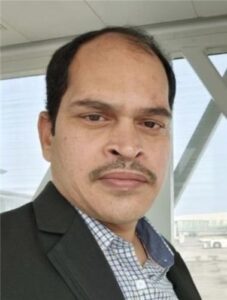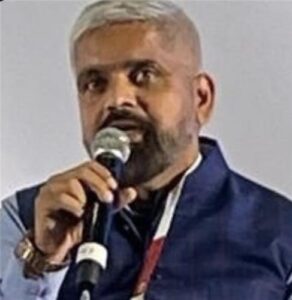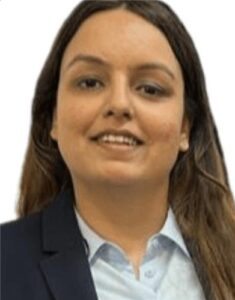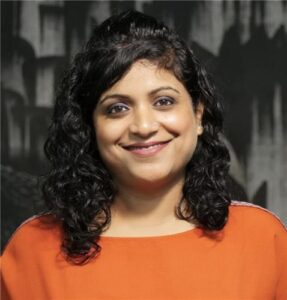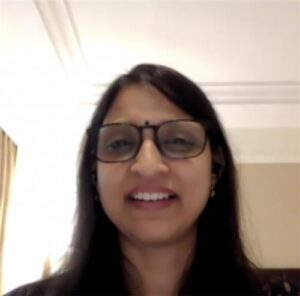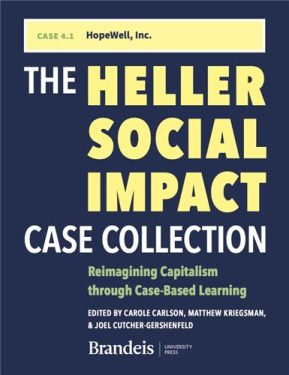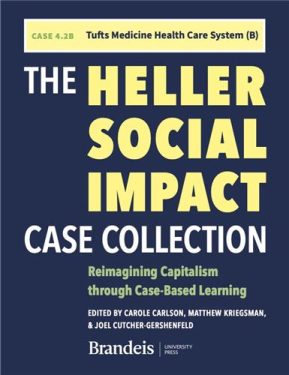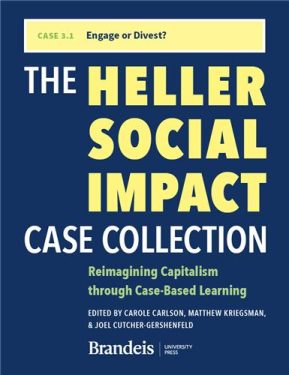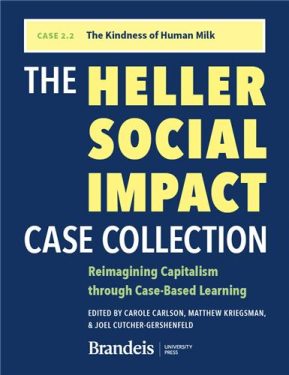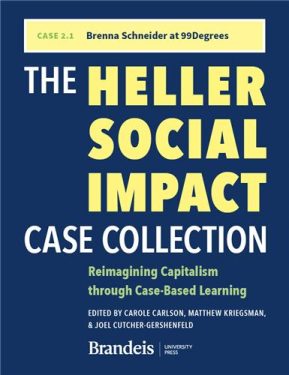Sudheer Nadipally
Sudheer Nadipally is the monitoring, evaluation and learning expert at the SAMRIDH Blended Finance Facility, an initiative by USAID with the technical support unit at IPE Global. He brings 19 years of experience across monitoring, evaluation, learning, and project management in the public health and social development sectors. In his previous assignments, Sudheer has been associated with several government, non-government, and non-profit funding organizations as well as research and academic …



